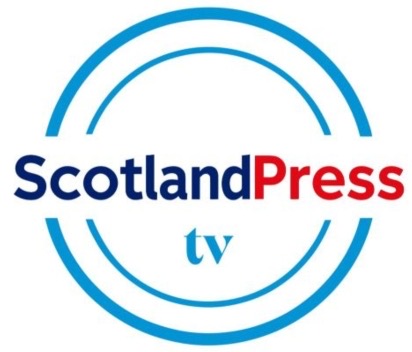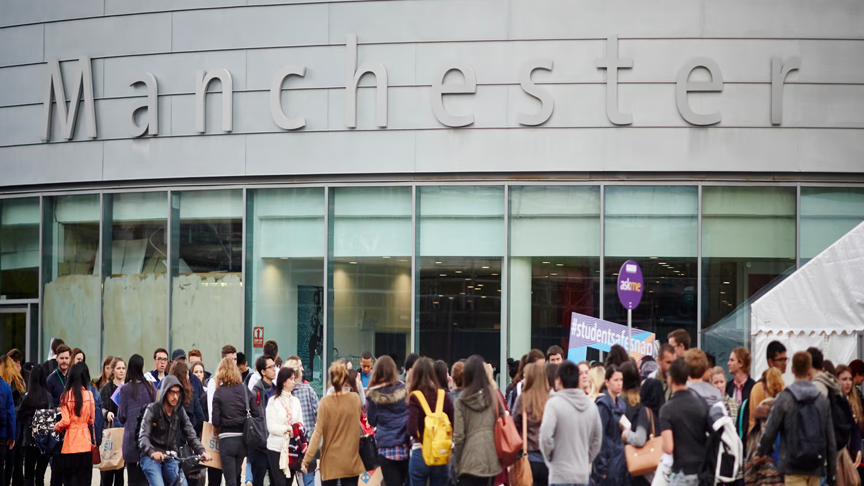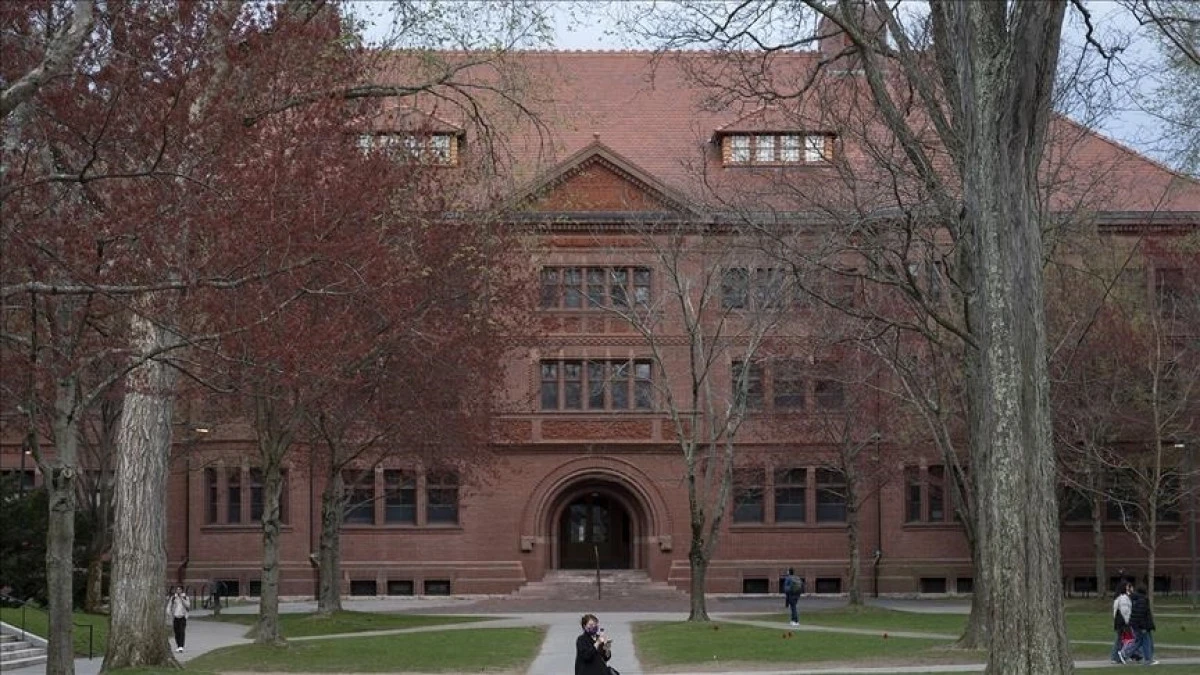UK’s top universities received £2.8m worth of funding from Meta last year
UK’s top universities received £2.8m worth of funding from Meta last year
Campaigners urged universities to be more cautious in their engagement with Facebook’s owner
Britain’s elite universities are continuing to benefit from multi-million pound funding from Facebook’s owner, Meta, amid criticism over its approach to harmful content, ditching of independent fact checkers and political influence.
Members of the Russell Group benefited from a total of £2.8m worth of funding from Meta last year, and £7.7m over the past four years.
It includes universities such as Imperial College, which has taken £3.6m from Mark Zuckerberg’s companies since 2021, an amount that has risen each year.
The funding ranges from donations classified as “philanthropic gifts” to formal research partnerships on projects at Imperial with titles such as “Hearables: In-ear monitoring of physiological responses” and “cross-modal learning of emotions”.
The figures – released following Freedom of Information requests – prompted calls by campaigners for greater online safety for universities to take a more cautious approach to engagement with Meta.
The subject of taking funding from Meta has also become a live issue in the academic community and some researchers who have benefited from funding in the past have since expressed regret privately that they did so.
Beeban Kidron, a leading critic of tech giants and an advocate of children’s rights online, said: “Tech funding of universities is just one strand of a deliberate system of lobbying.
“Individual academics and thinktanks should display not only where their funds come from, but what proportion, so the context in which they are working can be taken into account.”
Imperial appears to have been the largest beneficiary while others include Oxford University, which has accepted £1.8m over the past four years. Oxford’s funding has gone towards projects such as research into improving Large Language Models (LLMs) – a type of artificial intelligence that can understand and generate human language.
Oxford emphasised it follows “robust and rigorous guidelines” to ensure that the acceptance of funding will not impair academic freedom or academic integrity.
A spokesperson for the Russell Group said: “Our universities regularly work with global businesses across many sectors. These relationships support their research and innovation activities, and promote valuable international links, bringing benefits to the UK economy and local communities.”
“All our universities carry out thorough due diligence on philanthropic donations and external R&D funding to ensure they comply fully with university policies and UK regulation.”
Andrew Chadwick, a professor of political communication at Loughborough University, said Meta and Facebook had funded academic research in a variety of ways in recent years, from ad hoc “unrestricted gifts” to controlled, conditional data-access schemes.
He noted that the company funded a 2020 US election study but there were accusations that Facebook changed its news feed algorithms during the experiment without making this fully clear to researchers involved, undermining some of the studies’ key findings.
“We know from the past that large corporations can sometimes see funding academic research as a way to generate a veneer of legitimacy for aspects of their activity that members of the public and policymakers see as harmful – a sort of “fig leaf” approach that aligns with a company’s strategic PR aims and not necessarily the pursuit of scientific knowledge,” said Chadwick, who has not received funding from Meta.
Some of the universities refused to provide details of the funding, or did so only in part. The University of Bristol said that disclosure of companies who have made donations together with the amount donated “would undermine trust in the university and deter these companies and prospective donors from donating to the university in future”.
Abhinav Shukla, a former PhD student at Imperial who had access to Meta data as part of his research – made the case of the collaborations between the company and universities, which he said was generating new knowledge and was open for others to use.
He added: “It’s a recruiting tool for them. If they fund some research and if it goes well – then it’s not like Meta will try and patent it or hide it. But if there’s a direct application to a Meta product, then they’ll try and hire the person who has that specific expertise to do so.”
“From the students’ perspective, I found it to be a pretty good deal for me in particular. Because it helped me get a job that I really wanted to do out of my PhD. It helped me work in an area that was directly applicable to products.”
Meta has been approached for comment.
Yorumunuz başarıyla alındı, inceleme ardından en kısa sürede yayına alınacaktır.



















